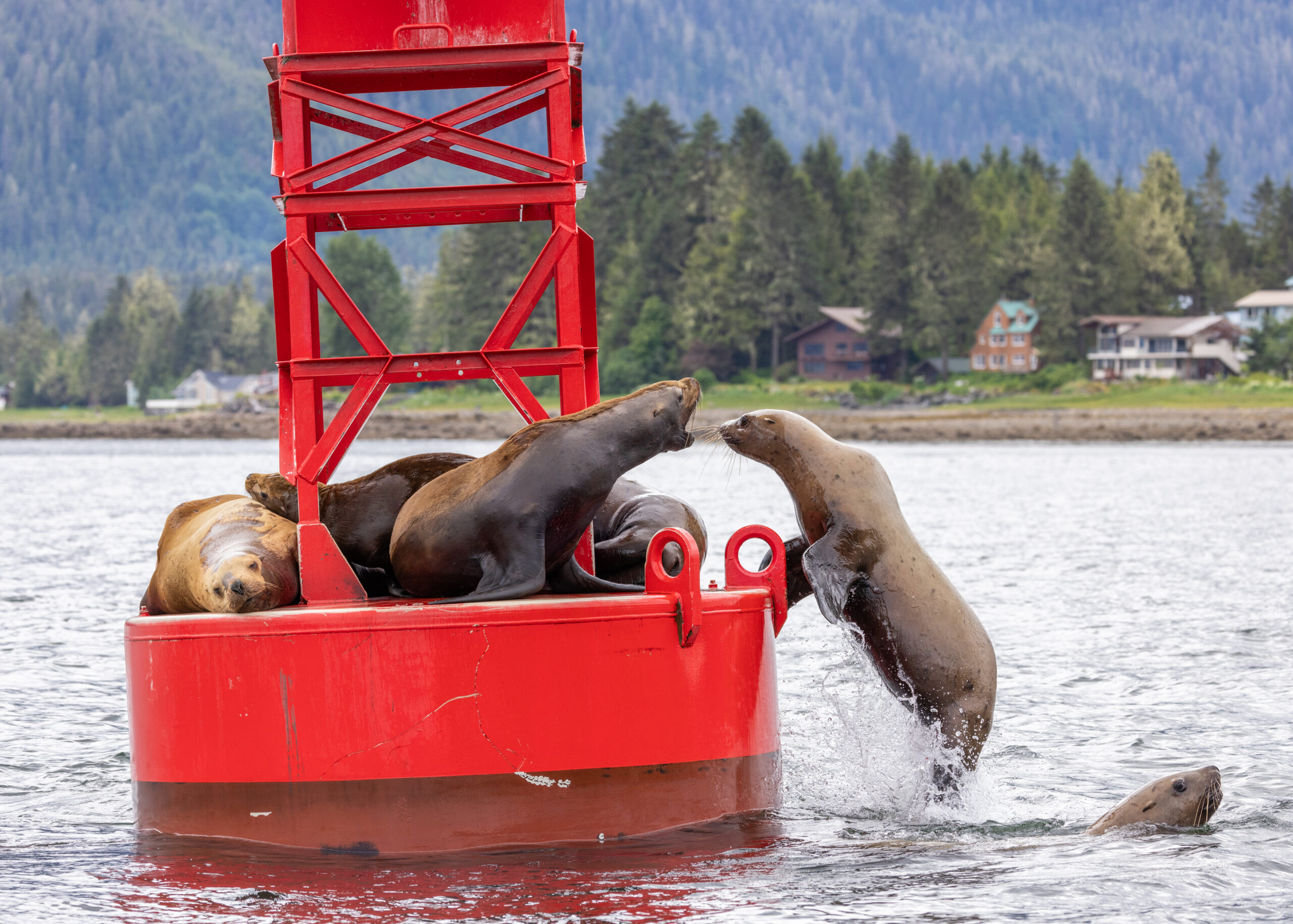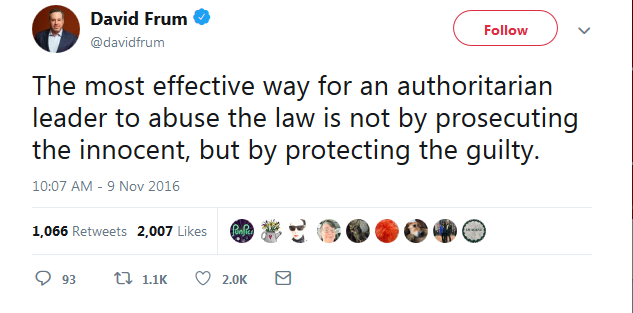The Daily Escape:

Harbor Seals hauling out on a buoy in Petersburg, AK. Wrongo and Ms. Right were passing by in a zodiac – July 2023 photo via the cruise line
It seems like it’s going to stay hot for a long while, and nobody wants to do anything about it. Temperatures are rising both on land and at sea, with climate experts ringing alarm bells about unprecedented sea surface temperatures:
“The National Oceanic and Atmospheric Administration (NOAA) in late June warned that half of the world’s oceans may experience marine heat wave conditions by September.”
And it’s hitting close to home:
“Not only is Florida sizzling in record-crushing heat, but the ocean waters that surround it are scorching, as well. The unprecedented ocean warmth around the state — connected to historically warm oceans worldwide — is further intensifying its heat wave and stressing coral reefs, with conditions that could end up strengthening hurricanes.”
The NYT reported that the water temperature around Florida hit 90° yesterday.
And while it’s possible to score cheap political points on their governor DeSantis who would rather fight with Mickey Mouse and whatever “Woke” means this week while ignoring climate change, Wrongo won’t stoop to that. He’s sure that Floridians love their governor’s priorities. Just last week, as insurance companies were pulling out of Florida, DeSantis was saying not to worry, the insurers will return to Florida after the hurricane season.
As Pogo said many years ago: “We have met the enemy and he is us.”
Primarily, the enemy is the Republican politician who continues to vote against efforts to bring the world’s CO2 levels under some semblance of control. The fixes to climate change that will have the most impact involve changes in public policy that will never happen as long as Republicans hold enough votes to block them.
But the big idea is that we’re not going back to where we were heat-wise, no matter what we do to cut further CO2 emissions. As NYT journalist Jeff Goodell said on NPR: (brackets by Wrongo)
“We are moving into a different world, and we need to grasp that idea….the planet is heating up…because we’re putting CO2 into the atmosphere…..It is essentially permanent when we put it [CO2] up there….And the warming will not stop until we stop emitting CO2 and burning fossil fuels….And even if we stop [adding more] CO2, we are stuck with that warming planet for a very long time.”
So, even if at this moment we made huge changes, we would always be on this part of the temperature scale, unless we figure out how to take quite a bit of that CO2 out of the atmosphere.
A few red state legislatures are considering following South Carolina’s lead and simply banning all mention of global warming or climate change in official documents or state-funded research. They think the only real way to deal with the climate problem is to ignore it.
Worse, nobody has a good model for what happens when all that warm water sits and gets warmer. Some meteorologists have pointed out that if the Caribbean got hot enough, it could spawn a continuous series of Category 5 hurricanes, say, once a week from May to October.
Which would resolve the problem of insuring Florida’s oceanfront properties pretty quickly.
It’s becoming evident that we live in a world designed for a climate that no longer exists. What’s really sobering is that the climate that now exists won’t resemble the one that will exist a generation from now.
How our societies and political systems deal with this is the central question of the 21st century.
Wrongo and Ms. Right moved back to New England from California partly because of climate. We were concerned about how scarce water would become in Los Angeles, and we knew that Connecticut would have more water for longer. This week, several of our roads and bridges closed because we had too much rain, causing the Housatonic River to overflow its banks.
This shows that there are no longer any places that can be marked safe from climate change. It has become impossible to predict the future climate/weather anywhere based on the past. And we’re still not coming to terms with just how hot and dangerous things are becoming. Or how fast it’s happening.
Let’s close the week with a wake up tune. Here’s “The Effects of Climate Change on Densely Populated Areas” by People Under The Stairs, a hip hop group from LA formed in 1997:
Sample Lyric:
Hundred degrees at midnight for the third day in a row
Nobody sleepin’ well and I can feel the tension growin’
LA wth rollin’ brownouts, rollin’ papers and rollin’ sixties
Heat exhaustion increasing caution across the city
Some people hit the mall, they’re tryin’ to stay cool
Some people call the cops; “there’s black children in the pool”
Everybody’s lookin’ sideways, we’re ragin’ on the highways
I hate it, I’m tryin’ to stay hydrated and faded but my way Is blocked
By road construction like a scene from “Falling Down”
Cops, they tryin’ to function but it seems they takin’ down us
Brown people at will People get hot and then killed
As the sun begins to set it’s hotter, no-one can chill
Everybody’s windows open there’s not a moment of silence
Alcohol heatin’ frustration that’s increasing domestic violence
9-1-1 is overwhelmed, homie, guess you on your own
The hills are still on fire, I recommend you stay at home











